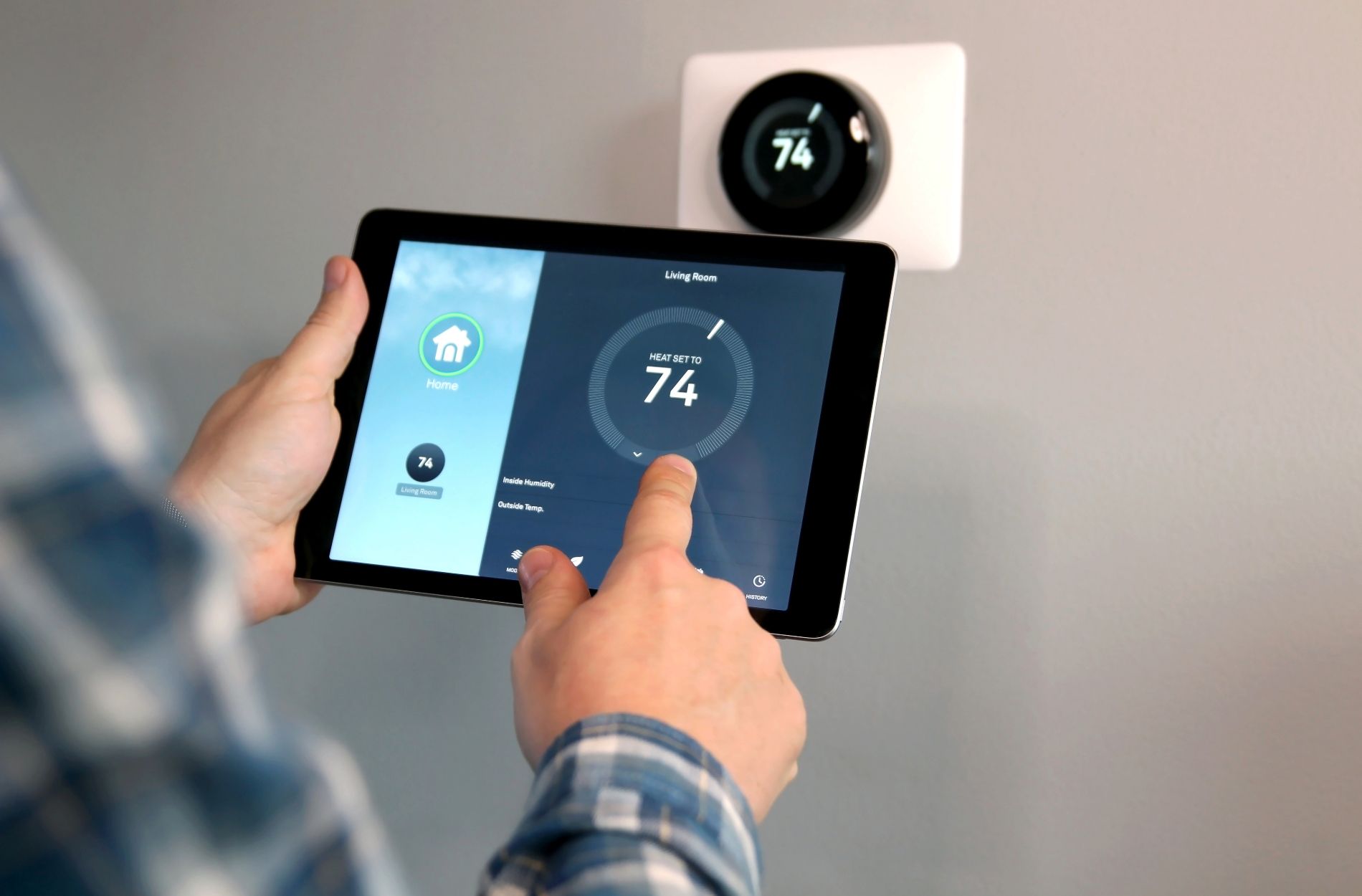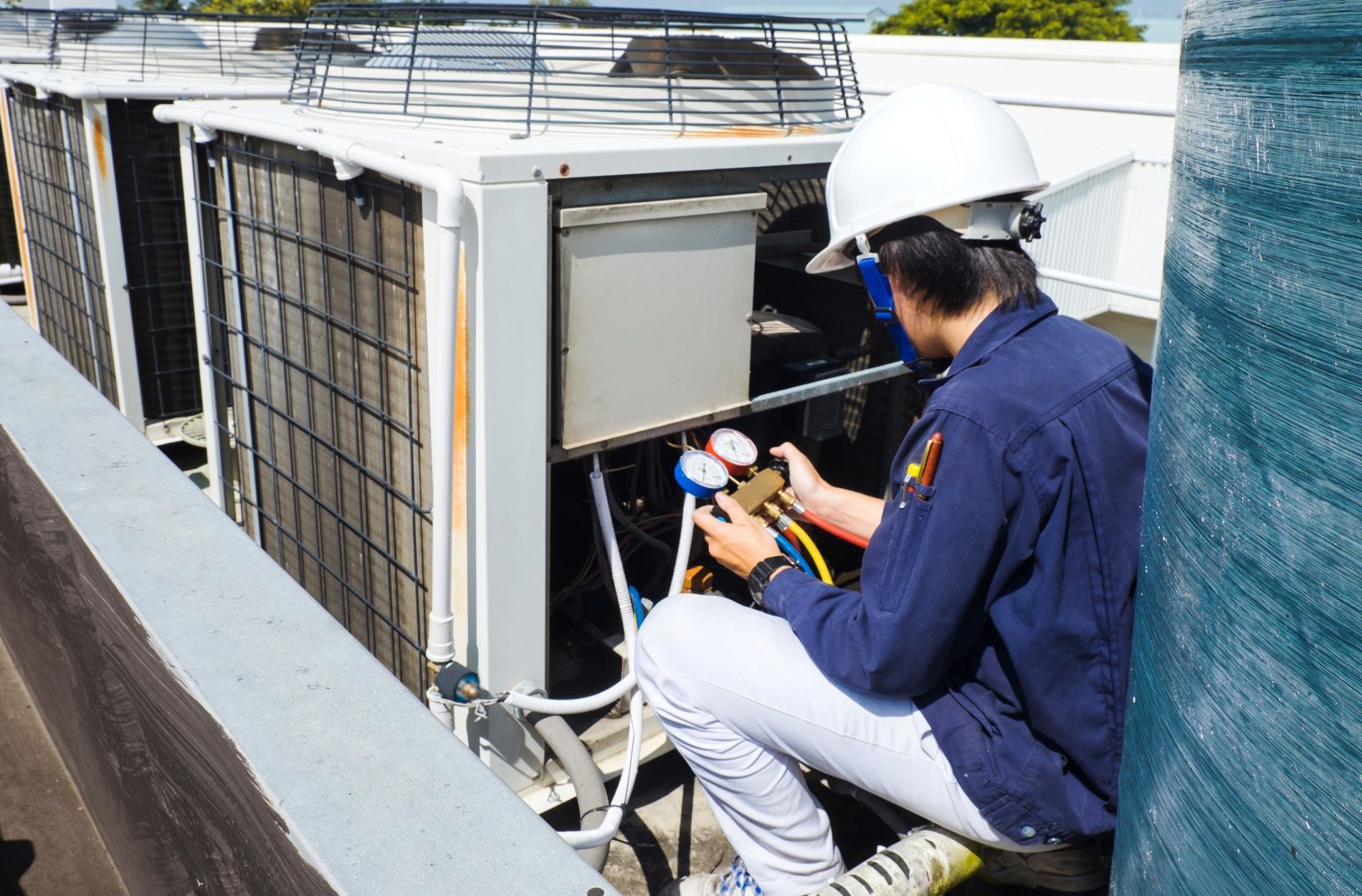Indoor Air Quality: Top Tips and Solutions for a Healthier Home
Indoor air quality — an often-overlooked aspect of home comfort — plays a significant role in ensuring a healthy and comfortable living environment for you and your family. As we spend a considerable amount of time indoors, the quality of the air we breathe inside our homes impacts our well-being, especially for individuals with allergies, asthma, or other respiratory conditions.
Indoor air quality refers to the quality of air circulating within and around buildings and structures, directly influencing the health and comfort of the occupants. A variety of factors can affect indoor air quality, including temperature, humidity, ventilation, and the presence of pollutants. Sources of indoor air pollutants vary but can include combustion byproducts, building materials, household cleaning products, pet dander, dust mites, and outdoor pollutants like pollen or vehicle emissions.
Poor indoor air quality can contribute to numerous negative health effects, ranging from mild symptoms like headaches, dizziness, or fatigue, to more severe issues such as aggravated allergies, respiratory problems, or heart disease. As such, ensuring optimal indoor air quality is critical in safeguarding our health and well-being.
To improve the quality of air within your home, it's essential to understand the factors affecting it and implement appropriate solutions such as proper ventilation, air purifiers, and HVAC maintenance.
In the following sections, we'll delve deeper into these strategies for enhancing indoor air quality and how Anytime Heating and Air can provide expert guidance, products, and services to help you create a healthier home environment.
Factors Affecting Indoor Air Quality
A comprehensive understanding of the elements that influence indoor air quality is essential for fostering a healthier home environment. Some of the primary factors affecting air quality include:
1. Pollutants: Indoor air pollutants can stem from various sources, including combustion byproducts (carbon monoxide, nitrogen dioxide), volatile organic compounds (VOCs) from paints or cleaning products, allergens (pet dander, mold spores, pollen), and particulates such as dust and cigarette smoke.
2. Ventilation: Adequate ventilation is vital for maintaining good indoor air quality, as it helps dilute pollutants and introduces fresh outdoor air into your home. Poor ventilation can cause pollutant levels to accumulate, potentially leading to negative health effects for the occupants.
3. Temperature and Humidity: Maintaining optimal temperature and humidity levels can help enhance indoor air quality. High indoor humidity levels can result in mold and mildew growth, while excessively dry air can exacerbate respiratory issues.
Strategies for Improving Indoor Air Quality
Optimizing indoor air quality requires a multi-pronged approach, encompassing several strategies such as source control, ventilation, air purification, and regular HVAC maintenance.
1. Source Control: The first step in improving air quality is identifying and eliminating the primary sources of indoor air pollutants. This can include using low-VOC products, removing mold and mildew, implementing a no-smoking policy, and minimizing dust accumulation through regular cleaning.
2. Ventilation: Enhance natural and mechanical ventilation in your home by opening windows and doors, using exhaust fans, and installing an energy recovery ventilator (ERV) to ensure proper air circulation and introduce fresh outdoor air.
3. Air Purification: Consider investing in air purifiers to help eliminate pollutants such as allergens, particulates, and volatile organic compounds. High-quality air purifiers feature HEPA filters to capture even the minutest particulates, while UV light systems can eliminate airborne bacteria and viruses.
4. HVAC Maintenance: Regular maintenance of your heating, ventilation, and air conditioning (HVAC) system is crucial for maintaining optimal indoor air quality. Schedule routine inspections, cleanings, and filter replacements with a professional HVAC service provider.
Anytime Heating and Air: Your Partner in Achieving Healthy Indoor Air Quality
At Anytime Heating and Air, we're committed to helping you create a healthier and more comfortable home environment. Our team of experienced professionals provides various products and services to improve your home's air quality, including:
1. Air Purification Solutions: We offer a range of advanced air purification systems to help eliminate pollutants and allergens from your home. Our team can recommend the most effective solution based on your specific needs and preferences.
2. HVAC Maintenance and Repair: Regular HVAC maintenance is critical for maintaining optimal indoor air quality. Allow our team of experts to perform routine inspections, cleanings, and repairs, ensuring the efficient functioning of your system.
3. Energy Recovery Ventilators (ERV): Enhance your home's ventilation with an energy recovery ventilator, which works in tandem with your HVAC system to introduce fresh outdoor air while minimizing energy loss.
4. Humidification and Dehumidification: Maintaining proper humidity levels is essential for good indoor air quality. We offer humidification and dehumidification solutions to help you achieve comfortable and healthy indoor conditions.
Ensuring a Healthy and Comfortable Home
Indoor air quality plays a significant role in the overall health and well-being of your household. By understanding the factors affecting air quality, implementing targeted solutions such as source control, ventilation, and air purification, and regularly maintaining your HVAC system, you can create a cleaner, healthier, and more comfortable living environment.
Partner with Anytime Heating and Air to enhance your home’s indoor air quality with our range of high quality products and services tailored to your unique needs. Contact us today to schedule a consultation on
HVAC services in Owensboro and take the first step towards a healthier, happier home!


